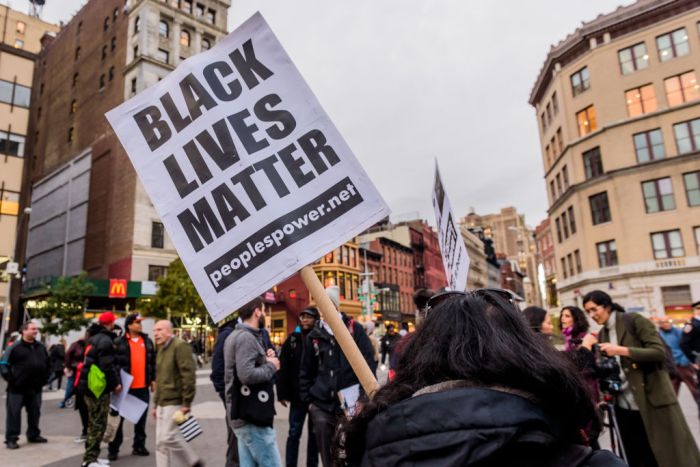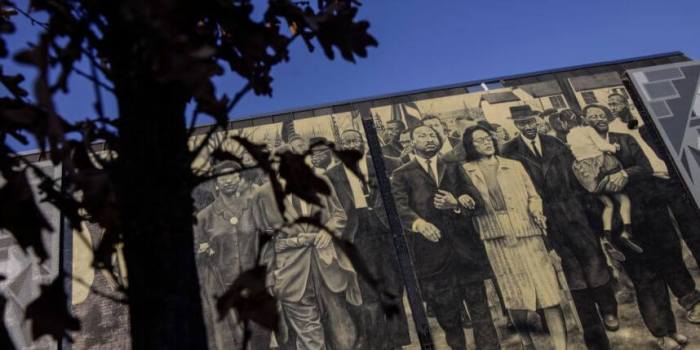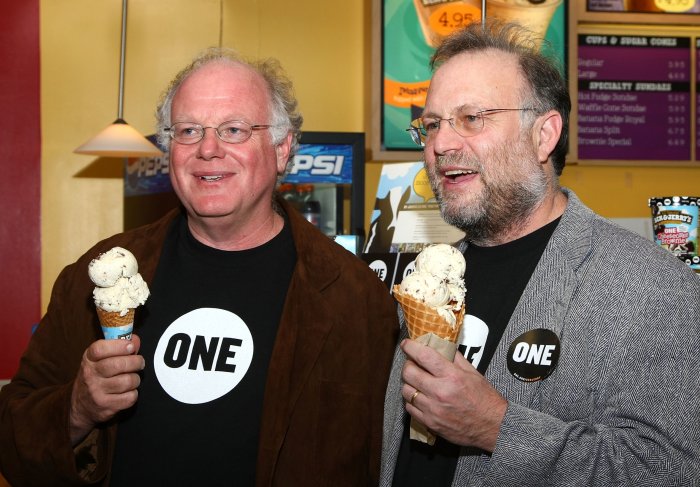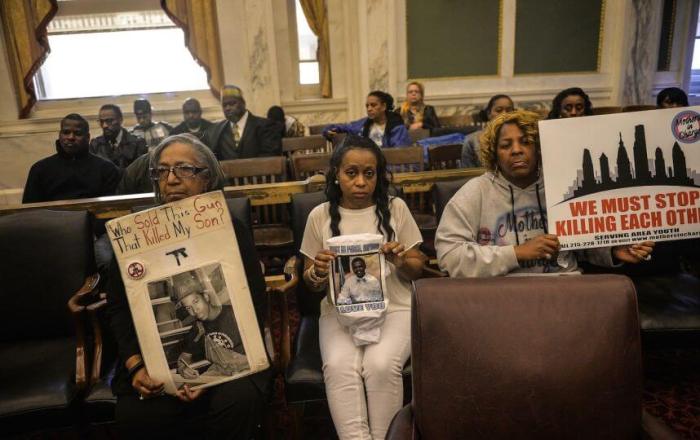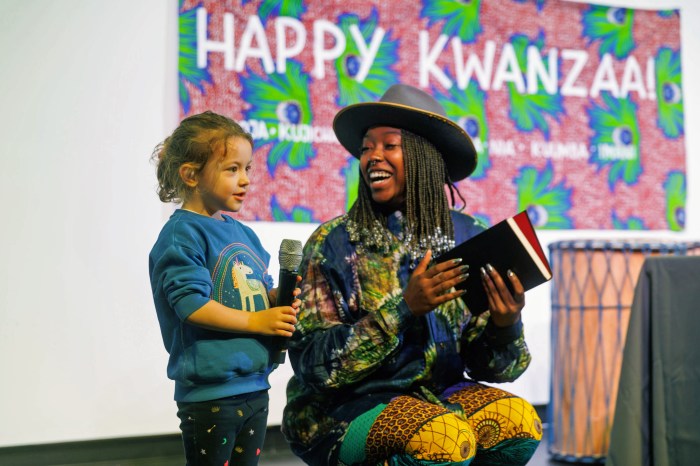“I cried a lot making this film,” Ava DuVernay says about “13th.” The director didn’t have much time between making “Selma,” her Oscar-nominated movie about Martin Luther King Jr., and the new doc, which traces the evolution of racism in America since the Civil War’s end, right up to, essentially, a few weeks ago. That meant DuVernay was watching 1,000 hours of violent, racist archival footage soon after directing recreations of black activists in 1964 being beaten and even killed. “I’m in a self-care moment right now,” she adds. “I’m not sure when I’ll do this again.”
But “13th” was important enough for her to face the pain. Her film — which this year became the first documentary to ever open the New York Film Festival, and which hits Netflix Instant Friday — covers a lot of ground. It traces the rise of the prison system and how it targets African Americans and destroys low-income neighborhoods. It shows the militarization of police. It shows the demonization of black people, in D. W. Griffith’s “The Birth of a Nation” and today’s TV coverage. DuVernay even gets Newt Gingrich to admit that disproportionately punishing cocaine and crack possession was unfair. It’s tightly focused and merciless. And it’s perfect to watch before Election Day. RELATED: What to see during the first week of the New York Film Festival “If you change how people think, then we have societal change,” DuVernay tells a room of journalists the day after its premiere.
The filmmaker compares shedding light on such issues with the growing awareness of transgender rights. She admits, even two years ago, she knew little about their struggle. “I was in a vacuum. I knew about them; I was a forward-thinking person. I thought, ‘That’s cool, whatever you want to do.’ But that’s not enough. The idea that people are becoming aware of transgender issues affects how we allow legislation to go down, for and against them.” She sees “13th” as part of a similar struggle. “If we can change minds, make them aware of what happens in prisons and police departments, there will be a cultural shift,” she says. But she argues that one shouldn’t come away from her film thinking there’s a single solution. “There’s not one thing that’s going to fix this. The only solution is if we all start to think differently.” DuVernay’s film is timely, but it’s not partisan. Neither Trump nor Hillary come off well. Each is shown in clips from long ago. The Donald is seen circa 1989, stirring up the public into a mob against the “Central Park Five,” the black and brown kids who were, it was later proved, falsely imprisoned for assault. (Trump took out a full-page ad in all four New York papers demanding they be executed.) Clinton, meanwhile, is shown in the 1990s using the term “super-predators” to describe black youths. “These were years and years before anyone was thinking presidency,” DuVernay says. “You look at them and think, ‘Wow, one of them is going to be President of the United States.”
She also rightly attacks Bill Cinton’s 1994 crime bill, which wound up sending waves and waves of black people to jail for minor offenses. Bill has since apologized for it, noting the damage to low-income communities. But that’s not enough, far as DuVernay’s concerned. “It’s all well and good, but it’s not fixing what’s been done,” she says. “You can’t go out and say, ‘You know what, we were wrong about that.’ I’m sitting there thinking, ‘What are you going to say next? Is something coming after? Just “My bad”?’ I don’t buy it. It doesn’t sit well with me.” “13th” is fiery as it proceeds through the decades; it even includes a ticker showing the rise of the U.S. prison population as laws targeting black people become more and more insidious. By the time DuVernay’s film gets to the present day, we see the waves of police shootings that have caused a national furor, helping create activist groups like Black Lives Matters. DuVernay shows some of these killings, with a note saying they got “permission” from the families of the deceased. “Those images are not owned by the families. The families don’t own those death videos. The only family that owns them is Philando Castile, because [Diamond Reynolds, his girlfriend] took it,” DuVernay explains. She didn’t have to ask for their permission; the images are in the hands of the rights holders or in the public domain. “But I just couldn’t do that.” Some families said no, which she respected. “But the families that did, I think, understood it helps us make our points in the film.” Right now, “13th” is devastatingly up-to-date, and for a reason: DuVernay only finished the film nine days before its New York Film Festival premiere. That was partly because at least two police shootings happened after she locked picture. When she was able to include them, she initially broke down. “Then my mother said to me, ‘It’s never going to be updated. They’re never all going to be in it. You have to let that go,’” DuVernay recalls. “That was a rough one: to know that it will never be complete — or not be complete for any good time soon. Because there’s always someone else who’s not going to be in it.” Follow Matt Prigge on Twitter @mattprigge

